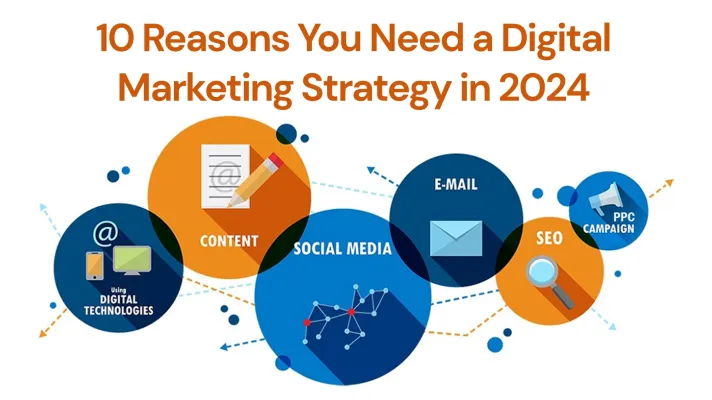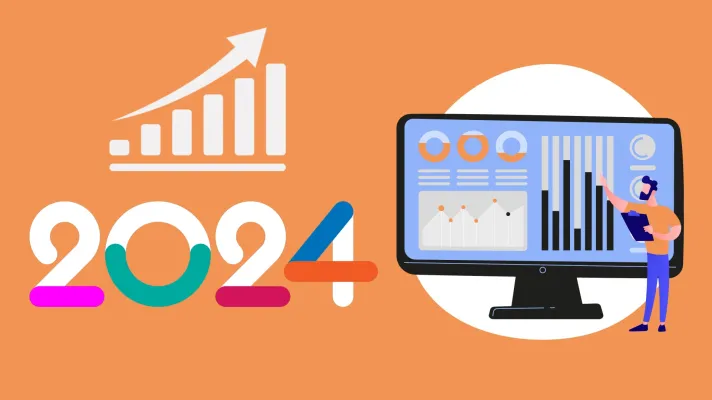
Off Page, SEO refers to all the activities that take place outside of your website but have a significant impact on its search engine rankings.
Understanding Off Page SEO
What is Off-Page SEO?
Off Page, SEO refers to all the activities that take place outside of your website but have a significant impact on its search engine rankings. This includes tactics like link building, social media marketing, and online reputation management. Unlike On-Page SEO, which focuses on optimizing your website’s content and structure, Off-Page SEO is about building trust, authority, and credibility in the eyes of search engines.
Why is it important?
Off Page, SEO is essential because it signals to search engines that your website is a valuable resource that others trust and endorse. When reputable websites link to your content or mention your brand on social media, search engines view your site as authoritative and relevant to users’ queries. As a result, your website’s rankings improve, leading to increased visibility and organic traffic.
The Power of Backlinks
Quality vs. Quantity
When it comes to backlinks, quality reigns supreme over quantity. Search engines, especially Google, prioritize high-quality backlinks from authoritative and relevant websites. One backlink from a reputable site can carry more weight than numerous low-quality links. Focus on earning backlinks from sources that align with your niche and industry.
Building Natural Backlinks
The best backlinks are those that occur naturally because other websites find your content valuable. To encourage natural backlinks, create exceptional content that people want to reference and share. Additionally, reach out to industry influencers and request their insights or contributions to your content, increasing the likelihood of them sharing it with their audience.
Guest Posting
Guest posting on other authoritative websites is an effective way to secure quality backlinks. Write informative and engaging articles that provide value to the target website’s audience. In return, you can include a link back to your site in your author bio. However, avoid excessive guest posting solely for backlinks, as it can be seen as spammy.
Social Signals and Online Reputation
Leveraging Social Media
Social media platforms are not just for connecting with your audience; they also play a role in off-page SEO. Active engagement on social media can lead to increased brand visibility and indirect SEO benefits. Share your content, interact with followers, and encourage them to share your posts, which can result in more website visits.
The Importance of Online Reputation Management
Your online reputation can make or break your website’s success. Off-page SEO involves managing and nurturing your online reputation by actively participating in online conversations and addressing any negative comments or reviews.
To maintain a positive online reputation:
- Monitor mentions of your brand and respond professionally.
- Encourage satisfied customers to leave reviews on platforms like Google My Business and Yelp.
- Provide top-notch customer service to minimize negative feedback.
Reviews and Testimonials
Encourage satisfied customers to leave reviews and testimonials on platforms like Google My Business, Yelp, and industry-specific review sites. These reviews not only enhance your online reputation but also influence local search rankings.
Content Marketing and Outreach
Creating Shareable Content
Content that resonates with your target audience is more likely to be shared on social media and other websites. Focus on creating informative, entertaining, and visually appealing content. Infographics, videos, and well-researched articles are excellent choices.
Outreach Strategies
Outreach involves reaching out to website owners, bloggers, and influencers in your industry to promote your content. Personalize your outreach emails and explain how your content benefits their audience. Building relationships in your niche can lead to valuable partnerships and collaboration opportunities.
Influencer Collaborations
Partnering with influencers can extend your reach and credibility. Identify influencers relevant to your industry and engage in collaborations such as sponsored posts, giveaways, or product reviews.
Measuring Off-Page SEO Success
Key Metrics to Track
To gauge the effectiveness of your off Page SEO efforts, monitor key metrics such as organic search traffic, backlink quality and quantity, social media engagement, and online reputation scores.
Tools for Analysis
Utilize SEO tools like Moz, Ahrefs, and Google Analytics to track and analyze your Off Page SEO performance. These tools provide valuable insights into your backlink profile, keyword rankings, and audience behaviour.
Adapting Your Strategy
Off Page SEO is an ever-evolving field. Stay updated with industry trends and search engine algorithm changes. Adapt your strategy accordingly to maintain and improve your website’s search engine rankings.
Conclusion
In conclusion, Off Page SEO is a critical component of your digital marketing strategy. It not only boosts your website’s visibility and credibility but also helps you connect with your target audience. By mastering the art of Off-Page SEO, you can position your website for long-term online success. Remember, it’s not just about rankings; it’s about providing value and building a trusted online presence.






